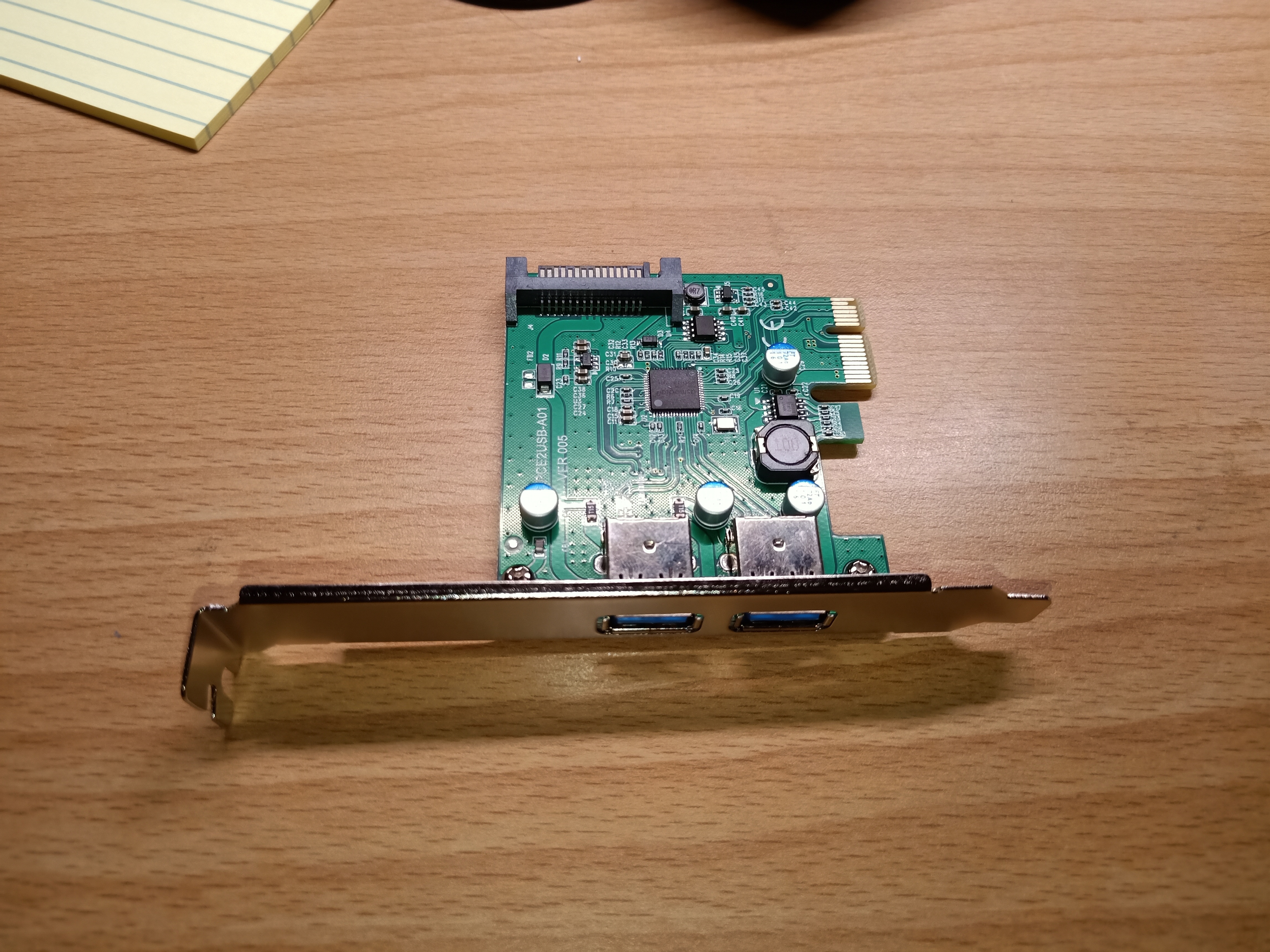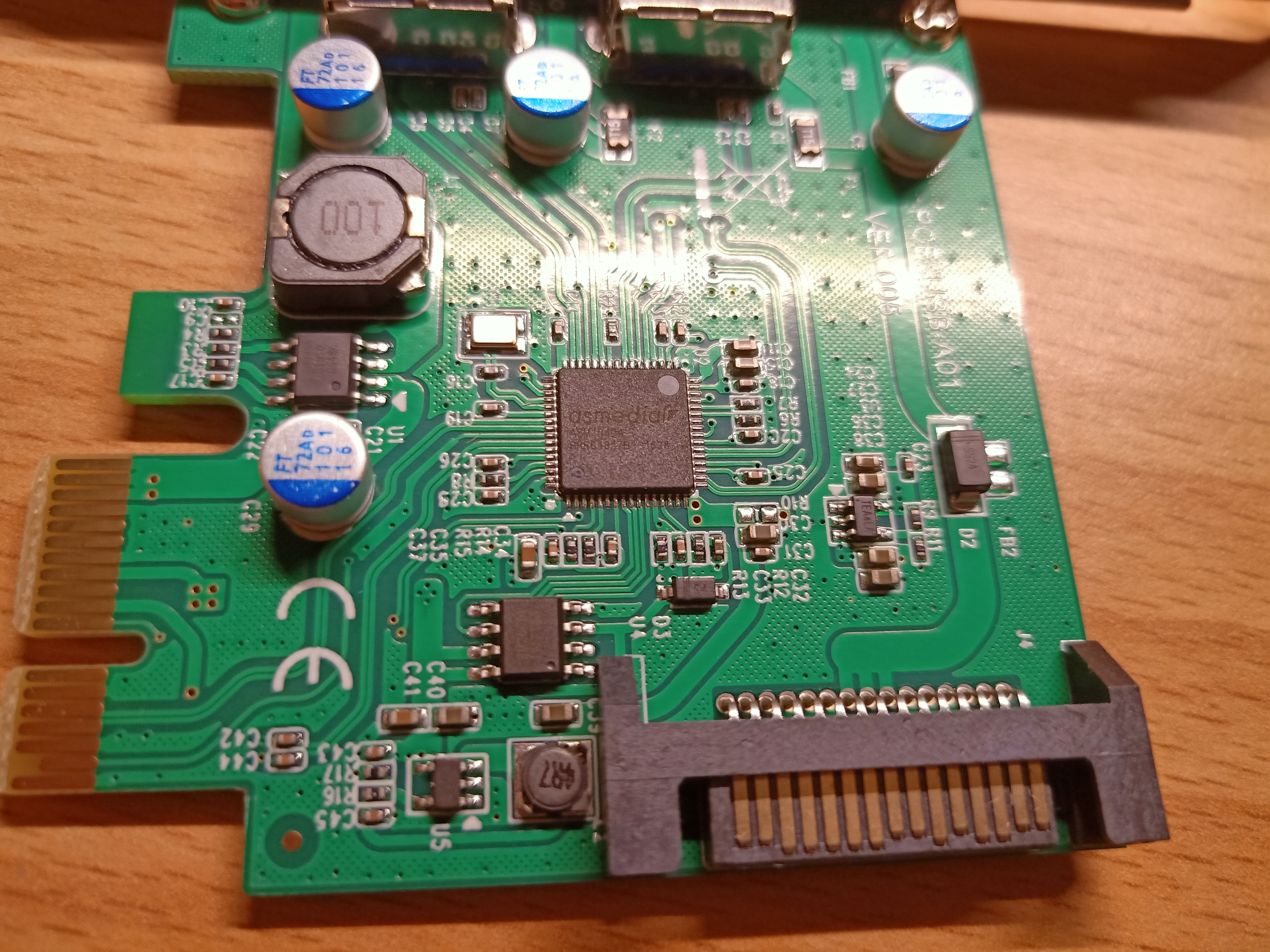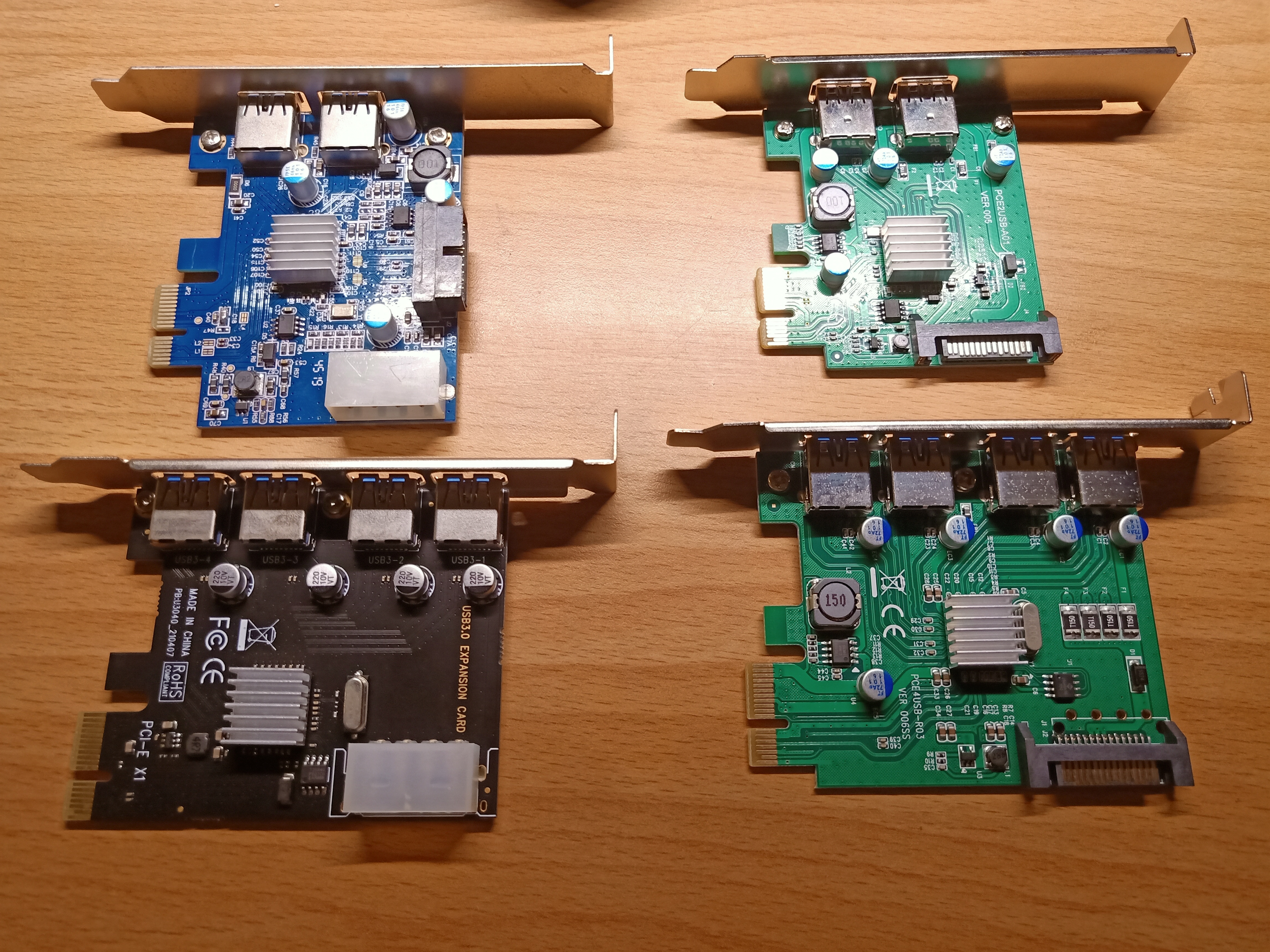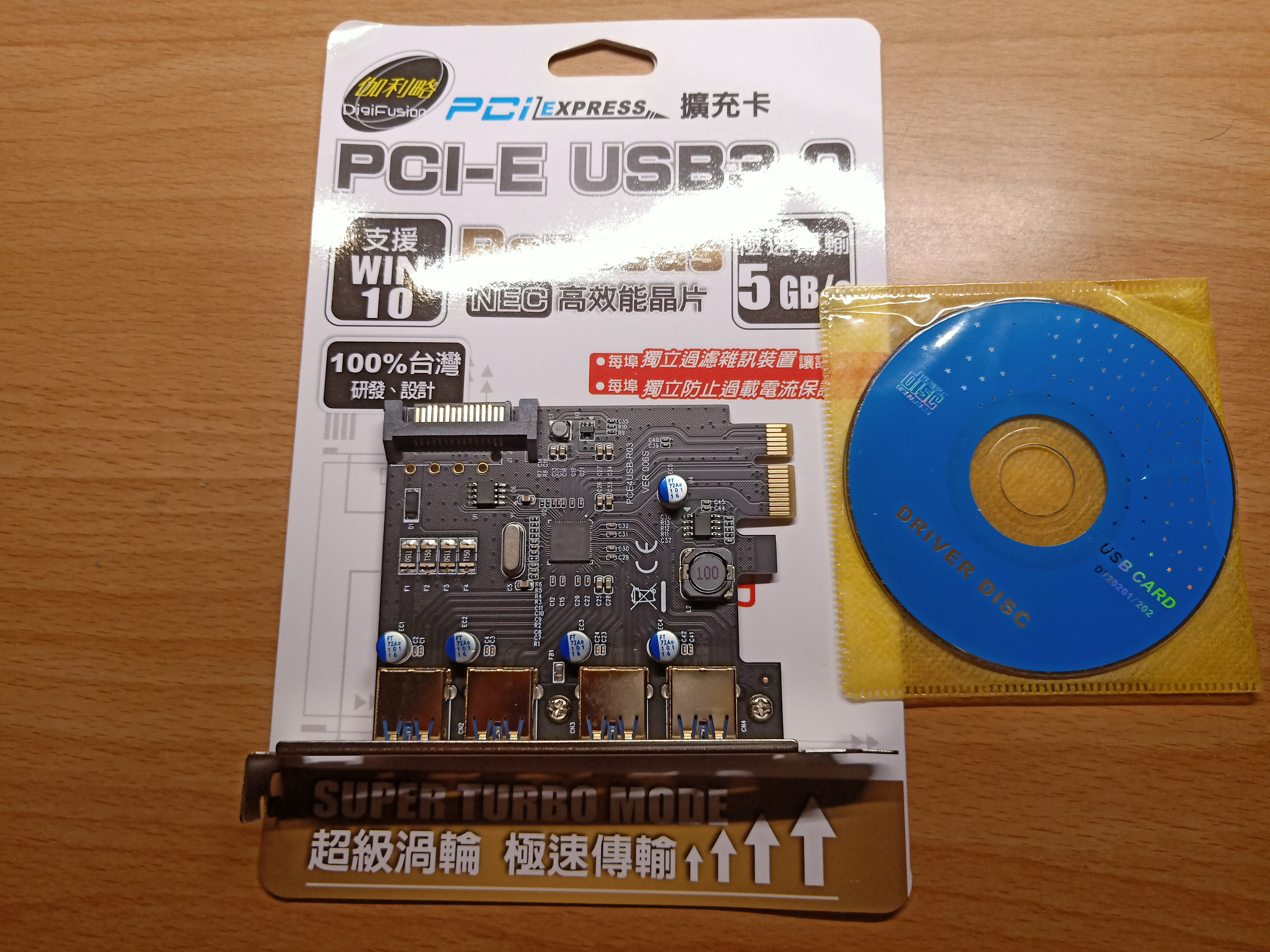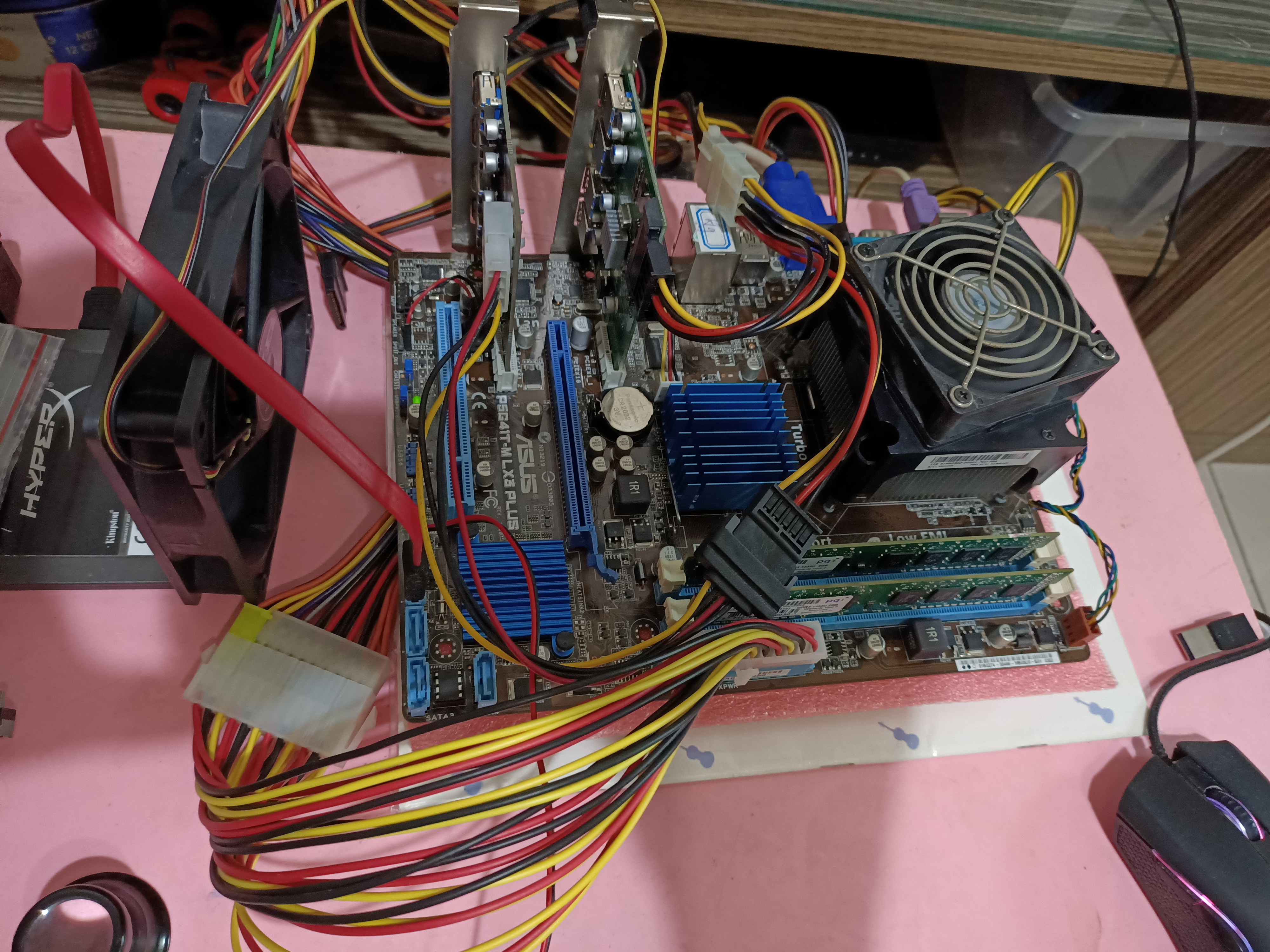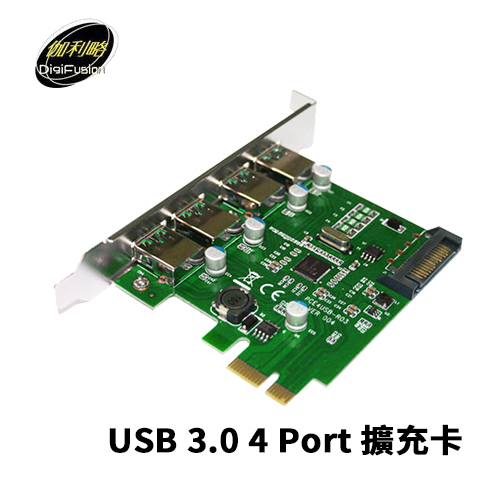
OK so I decided to post this in the Windows 10 forum because I believe that it's a Windows issue.
I have this card to use with external HDD as my motherboard doesn't have USB 3.0
The card worked wonderfully on my old Windows XP machine then on my current Windows 10 machine, but a couple of weeks ago it stopped working after a major Windows update to 21H2 version. Since then the card refused to work, be it with the original drivers (come with CD) or on Windows 10 drivers.
I also tried many Renesas drivers that can be found online , none of them really worked.
Sometimes I can see the HDD connected to the card, but just the name, I can't access the HDD.
Most of the time the card got ignored by Windows.
In fact I have another card with VIA VL805 chipset with the exact same problem, but I will just keep this one.
To make the long story short, I tried all PCI-E slots, all available drivers that Internet could bring me....
Hopefully someone with the same card could tell how to get it to work on Windows 10 21H2 ?
Thanks for reading.


